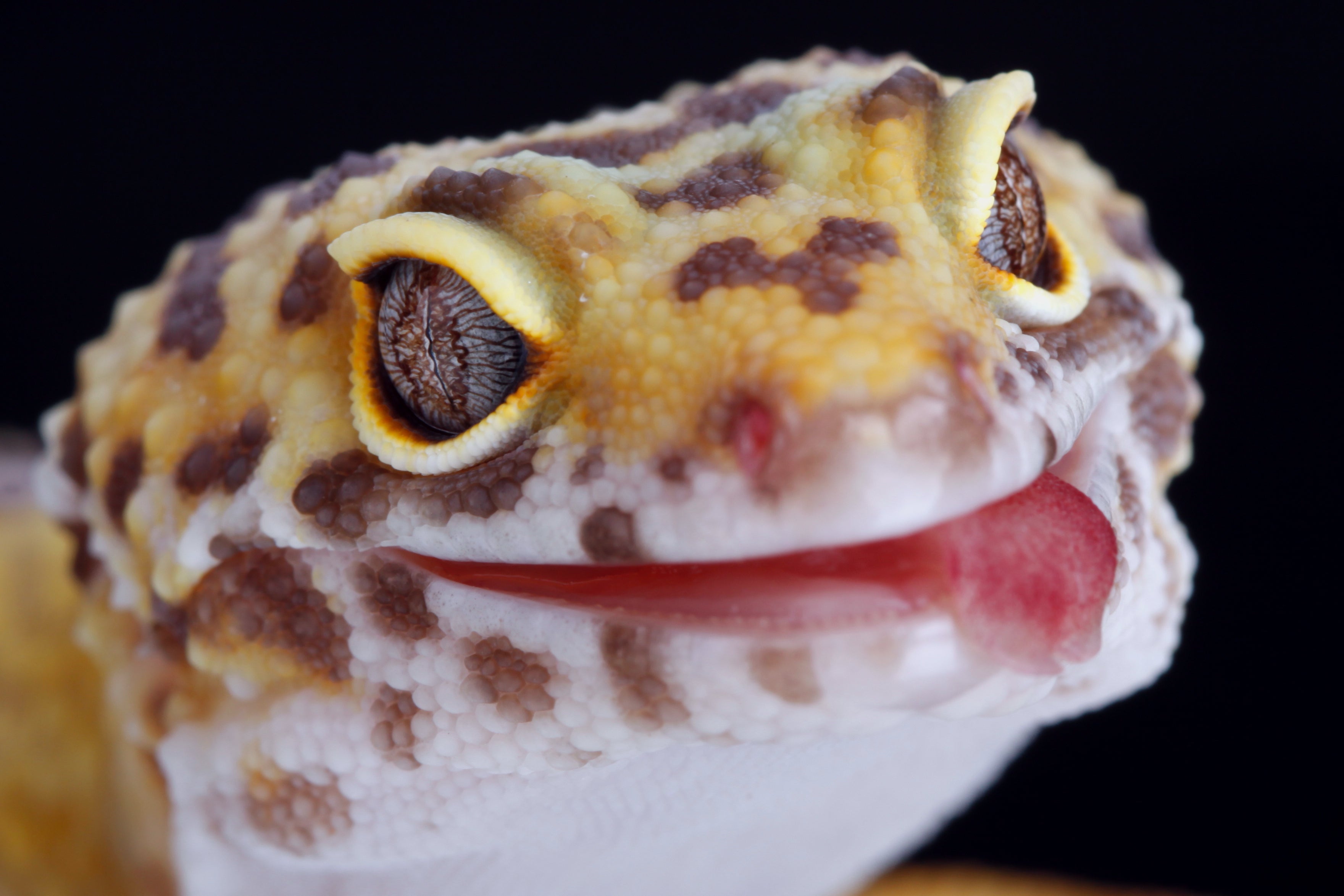Do Geckos Bite? Understanding the Nature of Gecko Bites
Geckos are small, fascinating reptiles admired for their climbing skills, unique physical traits, and calm demeanor. Whether you’re a reptile enthusiast or a prospective gecko owner, you might wonder, “Do geckos bite?” The answer is yes, but their bites are generally harmless and often misunderstood. In this guide, we’ll explore the reasons geckos bite, the types of geckos that might be more prone to biting, and how to build a trusting bond with your pet.
Why Do Geckos Bite?
Geckos bite for a variety of reasons, most of which are non-aggressive. Understanding the triggers can help you minimize the chances of being bitten.

1. Self-Defense
Geckos are prey animals in the wild, making them naturally wary of perceived threats. When frightened or feeling cornered, biting is a defense mechanism.
2. Mistaken for Food
A gecko might nip your fingers if they smell like food, such as insects or fruit. Washing your hands before and after handling geckos can reduce this risk.
3. Territorial Aggression
Certain gecko species, such as the tokay gecko, are territorial, especially during mating seasons. Male geckos can become more protective of their space and may bite as a warning.
4. Stress and Poor Handling
Stressful conditions—such as a noisy environment, improper handling, or an unclean habitat—can lead to defensive behavior.
5. Hunger and Curiosity
Hungry geckos may bite objects (or fingers) out of curiosity. Providing consistent feeding schedules helps mitigate this.
Are Gecko Bites Painful?
Most gecko bites are not painful. The sensation depends on the gecko species, size, and force of the bite.
Common Pet Geckos:
- Leopard Gecko – Gentle and rarely bite; their bites feel like a soft pinch.
- Crested Gecko – Slight nibbles, often painless.
- Tokay Gecko – Larger species with strong jaws; their bites can cause moderate pain or minor bruising.
Geckos are non-venomous, so their bites do not pose medical risks unless the skin is broken and not cleaned properly.
Steps to Take If a Gecko Bites You
- Stay Calm
Avoid reacting with sudden movements, which might cause the gecko to tighten its grip. - Clean the Area
Wash the bite with soap and water. Apply an antiseptic to prevent infection. - Observe the Bite
Look for swelling or redness. In rare cases, seek medical advice if signs of infection appear. - Adjust Your Approach
Analyze the situation that led to the bite. Was it stress, hunger, or poor handling? Adjust accordingly to avoid repeat incidents.
Also read How Much Does a Pygmy Goat Cost? A Complete Price Breakdown.
Preventing Gecko Bites
Preventing bites requires understanding gecko behavior and ensuring their environment and interactions are stress-free.
1. Handle Them Properly
Always handle geckos gently and support their entire body. Avoid sudden movements, especially when lifting them.
2. Respect Their Mood
Avoid handling geckos when they are shedding, hungry, or newly introduced to their environment.
3. Provide a Comfortable Habitat
Ensure your gecko’s enclosure has appropriate temperature, humidity, and hiding spaces. A stress-free gecko is less likely to bite.
4. Maintain Cleanliness
Wash your hands before and after handling to eliminate food smells and bacteria.
5. Train Them to Trust You
Spend time near their enclosure to let them get used to your presence. Offer treats during handling sessions to associate you with positive experiences.
Understanding Gecko Behavior
Geckos communicate through body language and vocalizations. Learning to interpret these signals can help you identify when they feel stressed or threatened.
- Tail Waving: Indicates a defensive stance.
- Open Mouth: A warning sign to back off.
- Hissing or Chirping: Some species vocalize to express discomfort.
Popular Pet Geckos and Their Bite Behavior
| Species | Biting Tendency | Pain Level | Behavior Traits |
|---|---|---|---|
| Leopard Gecko | Rare | Very mild | Docile, easy to handle |
| Crested Gecko | Rare | Minimal | Calm, great for beginners |
| Tokay Gecko | Frequent | Moderate | Territorial, needs care |
| Gargoyle Gecko | Occasional | Mild | Shy but curious |
| Day Gecko | Occasional | Mild | Active, prefers less handling |
Building Trust with Your Gecko
To foster a strong bond with your gecko, patience and consistency are key.
Tips for Building Trust:
- Start Slowly: Allow your gecko time to adjust to your presence before attempting handling.
- Use Positive Reinforcement: Offer food or treats when they approach you.
- Minimize Stress: Avoid loud noises or drastic changes in their environment.
FAQs About Geckos and Biting
Can baby geckos bite?
Yes, but their bites are even gentler than adult geckos. Baby geckos are more likely to bite due to fear.
Do geckos bite other geckos?
Yes, territorial disputes or mating aggression can lead to biting among geckos.
What should I do if a gecko won’t let go after biting?
Remain calm and wait for the gecko to release on its own. Avoid pulling, as it can harm both you and the gecko.
How can I make my gecko less aggressive?
Ensure proper care, reduce stress, and handle your gecko regularly to build trust.
Do geckos bite more during shedding?
Yes, shedding can make geckos irritable and more likely to bite due to discomfort.
Conclusion
While gecko bites are possible, they are infrequent and rarely harmful. Understanding why geckos bite and how to prevent it can make your reptile-keeping experience more enjoyable. By handling them with care, maintaining their habitat, and building trust, you’ll find geckos to be fascinating and rewarding pets. Whether you’re a seasoned reptile keeper or a newcomer, geckos offer endless opportunities to explore the wonderful world of herpetology!
- Can Chameleons Swim? Understanding Their Relationship with Water - December 11, 2024
- Why Does a Crested Gecko Open Its Mouth? - December 10, 2024
- Do Chameleons Bite Humans? Understanding the Behavior and Risks - December 9, 2024







